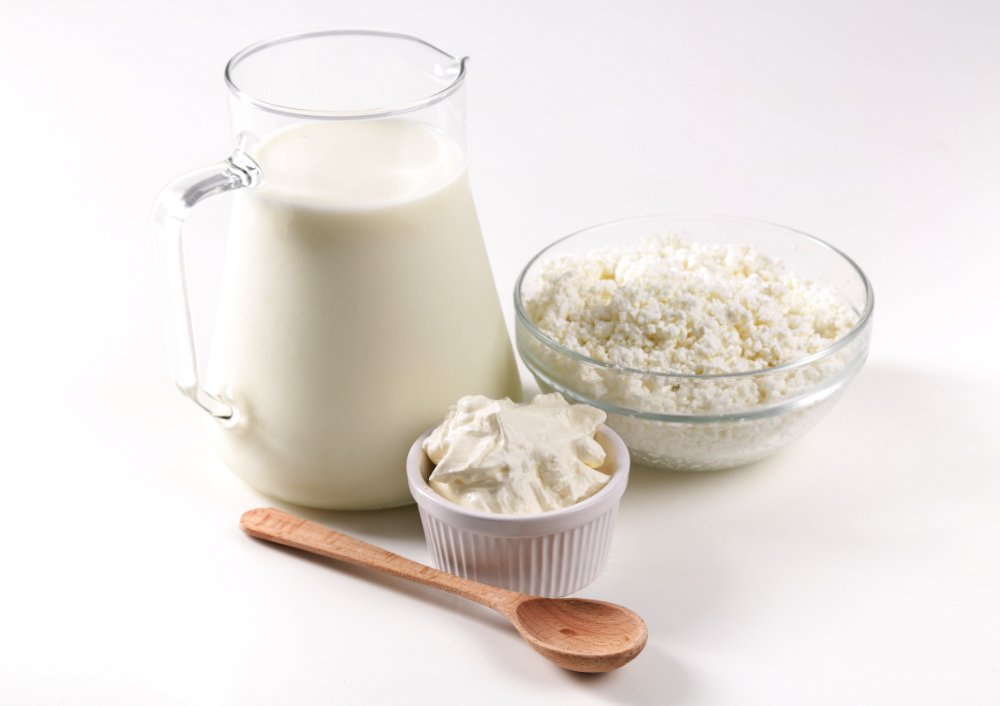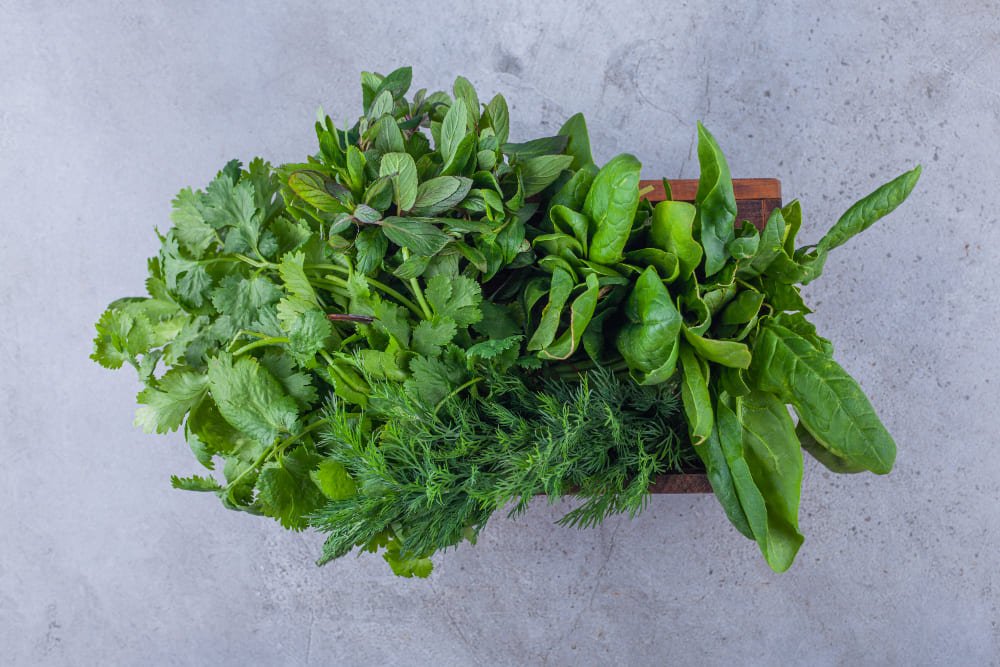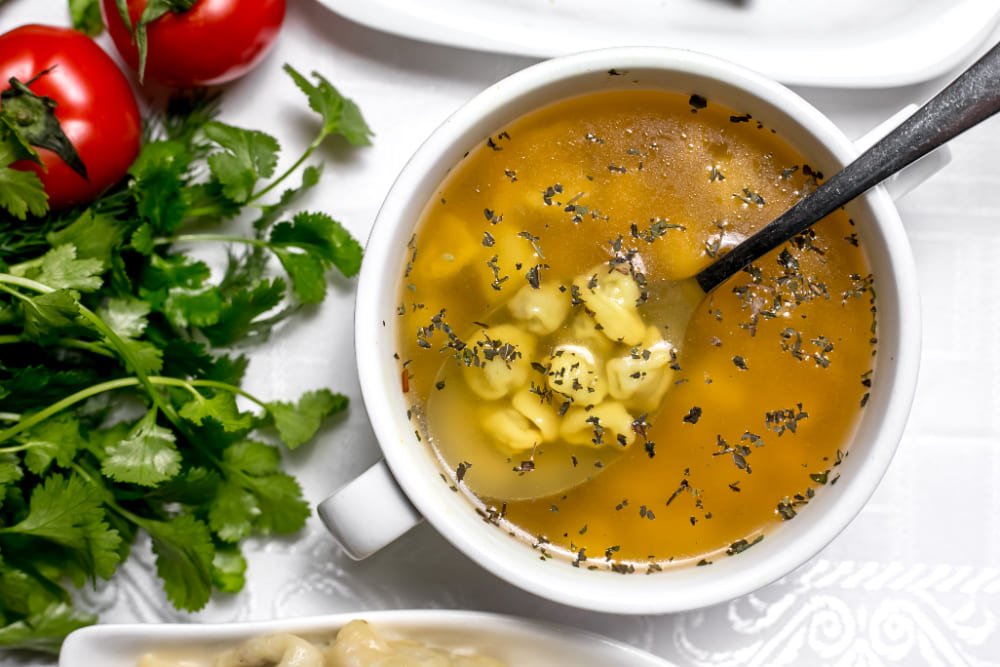Digestive issues are a common challenge that many people experience around the world. You may experience symptoms like bloating, gas, constipation, or diarrhea. These issues can often be uncomfortable and even painful, making it difficult to enjoy daily activities. Many factors can contribute to poor digestion, including stress, lack of physical activity, and poor dietary choices. However, one of the most effective ways to improve your digestion is by incorporating certain foods into your diet.
In this article, we will discuss the top 11 best foods to improve digestion naturally. These foods are not only delicious but also packed with nutrients that can help ease digestive issues and promote overall gut health.
Best Foods to Improve Digestion Naturally
1. Yogurt
Yogurt is a fermented food that contains live active cultures known as probiotics. These healthy bacteria help balance the natural flora in your gut and improve digestion. Yogurt is also a good source of calcium, which can help strengthen the muscles in your digestive tract.
When choosing yogurt, opt for plain or Greek varieties that are not loaded with added sugars. You can add fresh fruits or honey for natural sweetness. Yogurt can be enjoyed as a snack, added to smoothies, used in salad dressings or dips, and even substituted for mayonnaise in recipes.


2. Kefir
Similar to yogurt, kefir is a fermented milk drink that also contains probiotics. However, kefir has a more diverse range of bacteria strains, making it a more potent source of probiotics. Additionally, kefir is also rich in protein, calcium, and B vitamins.
Kefir can be enjoyed on its own as a beverage or used as a base for smoothies and salad dressings. It can also be used as a milk substitute in baked goods, providing an extra boost of probiotics. If you are lactose intolerant, you can also find non-dairy varieties of kefir made from coconut milk or water.


3. Ginger
For centuries, people have turned to ginger as a go-to remedy for all kinds of digestive troubles. It contains compounds that can help stimulate the digestive system, improve nutrient absorption, and reduce inflammation in the gut.
You can add fresh ginger to your meals by grating it into stir-fries or soups. You can also make a soothing cup of ginger tea by steeping sliced ginger in hot water for a few minutes. This can be especially helpful for relieving nausea and stomach discomfort.


4. Fennel
This herb is commonly used in cooking and has been traditionally used to treat digestive issues. Fennel contains compounds that can help relax the muscles in your digestive tract, reduce bloating and gas, and improve overall digestion. It’s got antibacterial properties and can even help calm a sore throat.
Fennel is commonly used in dishes such as soups, stews, and roasted vegetables. Fennel seeds can also be prepared as tea by steeping them in hot water for several minutes. If you are not a fan of the taste, you can find fennel supplements in the form of capsules or oil.


5. Whole Grains
Whole grains like brown rice, quinoa, oats, and whole wheat bread are rich in fiber and make a nutritious addition to any diet. Fiber is super important for keeping things moving smoothly and avoiding constipation. It also helps feed the beneficial bacteria in your gut, promoting a healthy balance of flora.
Make sure to choose whole grain options instead of refined grains, which have been stripped of their nutrients and fiber. You can add whole grains to your meals by using them as a base for stir-fries, salads, or soups. You can also enjoy them as a side dish or snack on air-popped popcorn.


6. Leafy Greens
Leafy greens, such as spinach, kale, and collard greens, are rich in vitamins, antioxidants, and fiber. These nutrients help support a healthy digestive system by promoting regularity and reducing inflammation.
Many people struggle to consume enough leafy greens, but they can easily be added to smoothies, omelets, salads, and sandwiches. You can also sauté them with garlic and olive oil for a quick and nutritious side dish.


7. Bananas
Bananas are a good source of potassium, which can help regulate fluid balance in the body and prevent bloating. They also contain pectin, a soluble fiber that acts as a prebiotic to feed healthy bacteria in your gut.
Bananas make for an easy and convenient snack on the go. You can also add them to smoothies, oatmeal, or yogurt for added flavor and nutrients. Just make sure to choose ripe bananas as they are easier to digest.


8. Bone Broth
I’m especially talking about beef or chicken bone broth. Bone broth is made by slowly simmering bones, veggies, and herbs in water for hours, creating a warm and nourishing blend. This process extracts minerals, collagen, gelatin, and other nutrients that are beneficial for gut health.
Bone broth is great on its own or as a tasty base for soups and stews. It’s also great to sip on when you’re feeling under the weather or experiencing digestive discomfort. You can make your own bone broth at home or purchase it from health food stores.


9. Dark Chocolate
Yes, you read that right – dark chocolate can actually be good for your digestion! Dark chocolate contains flavonoids, which have been shown to improve gut health and reduce inflammation.
However, make sure to choose dark chocolate with at least 70% cocoa content and limit your intake to small amounts as it is still high in calories. You can enjoy a square or two of dark chocolate as a treat after meals, or add some cacao powder to smoothies or oatmeal for added flavor and health benefits.


10. Papaya
This is one of the most popular fruits for digestive issues, and for good reason. Papaya contains an enzyme known as papain, which plays a role in breaking down proteins and supporting the digestive process. It also possesses anti-inflammatory properties that can help calm an upset stomach.
Papaya is delicious on its own, but you can also add it to smoothies or salads. You can also find papaya supplements in the form of capsules or chewables if you need a more concentrated dose of enzymes.


11. Water
I do not think I can stress the importance of water enough when it comes to digestion. Water plays a vital role in supporting healthy digestion by keeping your digestive system functioning smoothly and helping to prevent constipation. It also helps get rid of toxins and keeps you feeling hydrated.
Make sure to drink plenty of water throughout the day, especially if you are consuming high fiber foods. You can also stay hydrated by drinking herbal teas and snacking on water-rich fruits and vegetables such as cucumbers, watermelon, and celery.


Final Words
Incorporating these foods into your diet can help support a healthy digestive system and improve overall gut health. However, it’s important to also focus on other aspects of your lifestyle such as managing stress, getting enough sleep, and exercising regularly for optimal digestion.
Remember to listen to your body and make choices that work best for you when it comes to maintaining a happy and healthy gut. Keep experimenting with different foods and see what works for you. Always consult with a healthcare professional if you are experiencing persistent digestive issues.
Frequently Asked Questions
Can certain foods really improve digestion?
Yes, foods such as ginger, fennel, and leafy greens contain compounds that can aid in digestion and promote a healthy gut.
Which foods should you avoid for better digestion?
Processed and high-fat foods can often cause digestive issues. It’s best to limit these types of foods and focus on incorporating whole, nutrient-dense options.
Can stress affect my digestion?
Yes, stress can disrupt the balance of bacteria in your gut and cause digestive issues. Finding ways to manage stress, such as through exercise or meditation, can help improve digestion.
Is it necessary to take supplements for good digestion?
While supplements can be beneficial for some individuals, it’s always best to get nutrients from whole foods whenever possible.
What are the best ways to add more fiber to my diet?
Adding high-fiber foods such as whole grains, fruits, and vegetables to meals is a great way to increase your fiber intake. You can also try taking a daily fiber supplement.
Will improving my gut health have any other benefits?
Yes! A healthy gut has been linked to improved immune function, better mood and mental health, and increased energy levels. So taking care of your gut can have a positive impact on your overall well-being.
How long does it take to see results from changing your diet for better digestion?
It varies for each individual, but you may notice improvements within a few days to a week after making dietary changes. It’s important to be patient and consistent with your food choices for long-term benefits.
